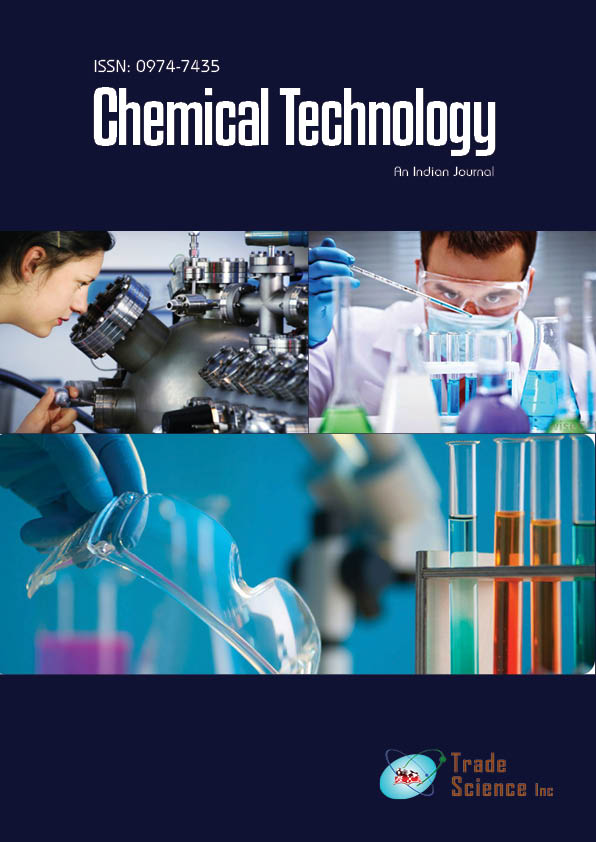சுருக்கம்
Effect of Decomposition and Treatment of Carrier Materials with Cow Urine on Rhizobial Population of Inoculants
M. Arya, R. Sharma and D. Das
Bio-fertilizers are vital components of sustainable agriculture. Rhizobia play an important role in nitrogen fixation. Previously peat was considered as an ideal carrier for Rhizobial inoculants, but good quality peat is not available in India. So some carriers of biological origin (sundried, sheep and goat droppings, their manures) were tired as carriers. It is assumed that decomposed product of organic matter is less complex and easily available for Rhizobial growth. Their physico-chemical characteristics were compared with peat which is supposed to be an ideal carrier for Rhizobial inoculants. Particle density for SD to SM decreases but for GD to GM increases; organic matters percentage for both (SD. to SM; GD to GM) decreases on decomposition, as organic matter after decomposition produces CO2 W.H.C. for both (SD .to SM; GD to GM) increases on decomposition which supported the view that the polysaccrides which are ultimate products of organic matter’s decomposition will bind several particles together discrete structural units, which allow more water to infiltrates and less to run off (high permeability) ‘N’ content decreases for both (SD. to SM; GD to GM) but C/N ratio increases (SD. to SM; GD to GM) i.e. availability of ‘N’ content increases P2O5 content increases on decomposition in both cases. Surprisingly for all, pH changes from acidic to alkaline range. On comparison with Kashmiri peat the overall order of suitability of carriers was SM > GM > GD >. SD W.H.C, C/N ratio and P2O5 content are the deciding factor. Population data of BK2 isolate on different carriers of 80 mesh size at 28oC and 50% W.H.C was studied upto 150 days and found that the order of suitability is GM > SM > SD > GD so it can be concluded decomposed product proves better carrier for Rhizobial inoculant than its undecomposed product. In set where cow urine is used for maintaining W.H.C the rhizobial population increases abruptly in GD which is confirmed by pot experiments, number of nodules as well as plant weight is more in the plants of pot where seeds were inoculated by carrier material which is treated with cow urine for maintatance of W.H.C. Use of cow urine act as growth promoting as well as biopestisde. In cow urine urea, uric acid, allantoin and creatinine all are antibacterial, antimicrobial agents, free aminoacids and ammonia are source of nitrogen helpful in growth. The potential of improving Rhizobial inculants with cow urine treatement (disease control agent) is immense.
